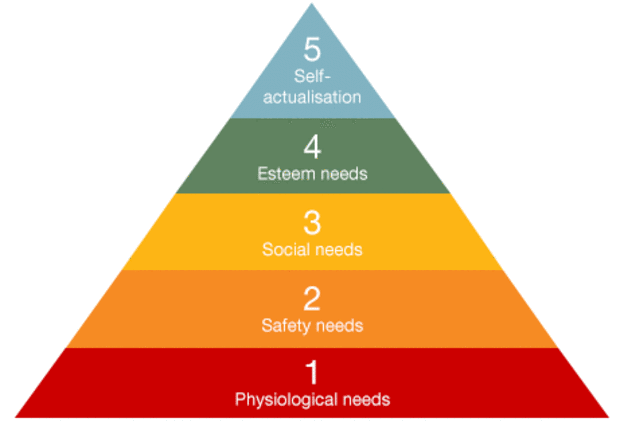The Pursuit of Happiness: 3 Things You Can Do Right Now to Boost Your Happiness
Many clients have told me that they are not feeling happy, even though they have achieved a lot in their lives like having a good job, a house, a car, and so on. Happiness and psychological wellbeing are something that everyone is inherently striving for.
But what is happiness and how can we achieve it? Why are some people unhappy regardless of their achievements?
In the process of psychological treatment, setting treatment goals is an essential part in the early stage of treatment. Indeed, “to be happy” is one of the most common treatment goals. For the pursuit of happiness it is very important to know what happiness actually involves. For example, if you think it is merely positive emotions, you may try to achieve happiness by inducing positive emotions, but they do not last forever. Emotions are a fleeting and momentary experience.
So, what do you think happiness is?
There are many theories that have contributed to our current understanding and the definitions of happiness. For example, Dr Abraham Maslow theorised our needs in his hierarchy of needs – five needs are divided into basic (or deficiency) needs such as physiological, safety, love and esteem, and growth needs (self-actualization). The basic needs are those that all of us strive for if not achieved. Self-actualization, on the other hand, is not something that everyone achieves or strives for.
The five-stage model includes, from lower to higher level:
- Biological and Physiological needs – air, food, drink, shelter, warmth, sex, sleep.
- Safety needs – protection from elements, security, order, law, stability, freedom from fear.
- Love and belongingness needs – friendship, intimacy, affection and love, – from work group, family, friends, and romantic relationships.
- Esteem needs – achievement, mastery, independence, status, dominance, prestige, self-respect, and respect from others.
- Self-Actualization needs – realizing personal potential, self-fulfillment, seeking personal growth and peak experiences.
How are these needs and happiness related?
Even if you meet your lower basic needs, like physiological and safety needs, for instance by having a good job, it does not meet all of your basic needs. One way of achieving happiness is to understand which of your needs are unmet. Dr Maslow also stated that peak experiences, where an individual feels more whole, alive, self-sufficient and yet part of the world, more aware of truth, justice, harmony, goodness, and so on, provide us with profound moments of love, understanding, happiness, or rapture. Self-actualizing people are believed to have many such peak experiences.
Dr Martin Seligman, the father of Positive Psychology, has also been researching happiness and what it entails. According to Dr Seligman, there are five components that need to be considered for the pursuit of happiness.
Five Components Involved in Happiness
3 Things You Can Do Right Now to Boost Your Happiness
To boost happiness in your life, there are certain habits and behaviours you can start working on right now.
These are not mutually exclusive and they influence each other. That is, if you have a meaningful relationship, accomplishment, and purpose in your life, you would experience more positive emotions and flow moments, which ultimately increases your sense of happiness.
References
Jackson, T., Soderlind, A. & Weiss, K. E. (2000). Personality traits and quality of relationships as predictors of future loneliness among American college students. Social Behavior and Personality: an international journal 28(5), 463-470(8).
Maslow, A. (1954). Motivation and personality. New York: Harper.
Seligman, M. E.P. (2011). Flourish: A visionary new understanding of happiness and well-being. New York: Free Press.
See also https://www.authentichappiness.sas.upenn.edu/learn





